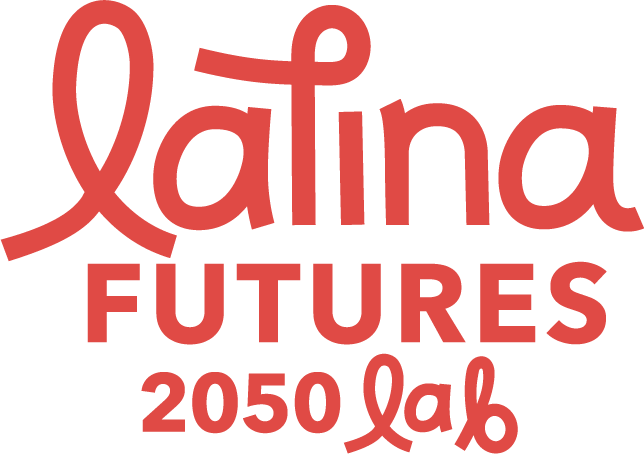
December 17, 2024
The Latino Vote in 2024 and Beyond: Lessons Learned in the Aftermath of a Pivotal Election
By Paula Valle
The 2024 election cycle saw a significant shift in the electorate, both in rural and urban communities across California and the nation. A recent panel discussion convened by Senator Lena Gonzalez at the 2024 California Latino Legislative Caucus Foundation Policy Summit, and moderated by Latina Futures 2050 Lab’s Sonja Diaz, provided key data insights into how the attitudes and preferences of Latino voters has evolved and what lessons can be drawn for the path forward. Experts including Dr. Fernando Guerra, Jean Guerrero, and Mike Madrid highlighted the complex and evolving priorities of Latino voters, emphasizing the growing influence of populism, economic concerns, and misinformation.

One of the central takeaways was the growing sense of populism among Latino voters. As Dr. Fernando Guerra, Professor at Loyola Marymount University, observed, “Latinos are no longer wrapped up in just their own career and personal success. They’re looking at the bigger picture and demanding change.” Jean Guerrero, a Latina Futures senior fellow and contributing opinion writer at The New York Times, echoed this sentiment, noting that young Latino voters are increasingly drawn to “anti-establishment” messages and seek a departure from the political status quo. Political strategist Mike Madrid expanded, stating, “We’re seeing a real populist shift among Latino voters. They’re tired of the same old promises and empty rhetoric. They want tangible solutions to the issues impacting their daily lives.”
This populist sentiment is particularly evident in California, often viewed as a bellwether for national trends. Economic concerns, especially affordability and housing, have become the driving force behind this shift. As Madrid pointed out, “The shifts have been happening among Latino voters, with economic considerations becoming a key driver. They’re looking for candidates and policies that will actually address their financial struggles and improve their quality of life.”

Housing affordability emerged as a defining issue for Latino communities, resonating deeply with voters across generational and geographic lines. Guerrero underscored this urgency in response to a question from Senator Caroline Menjivar, saying, “Housing has to be the number one issue,” noting that California lawmakers need to innovate and take bold humane action so that the needs of immigrant communities and the broader needs of Latinos and met.
Demographic shifts and geographical nuance are also shaping the priorities of Latino voters from Anaheim to Tulare. Madrid noted, “The biggest Latino shift is happening with younger Latinos.” These younger voters are increasingly focused on issues like affordability and inflation, rather than traditional hot-button topics like immigration. “Overwhelmingly, the biggest issue is pocketbook issues, which are dominating what we’re looking to our elected officials for,” Madrid said. This shift was reflected in the 2024 election results, with Latino voters—particularly younger ones—showing a willingness to split their tickets and support candidates from both parties who addressed their economic concerns.

The panel also addressed the dangers of misinformation, particularly among young Latino voters. Guerrero warned, “There’s a real danger of misinformation and manipulation, with moneyed interests trying to reach and mobilize these voters. We need to counter that with a strong, authentic message of democracy and empowerment.” Sustained voter mobilization and engagement were identified as critical to ensuring Latinos remain an active and informed electorate.
Looking ahead, the 2024 election cycle demonstrated that the Latino vote is a dynamic and influential force, driven by a diverse set of priorities and concerns. “Candidates and campaigns will need to adapt, crafting messages and policies that address the real-world concerns of Latino voters,” Madrid remarked. “They can no longer rely on the same old playbook.”



